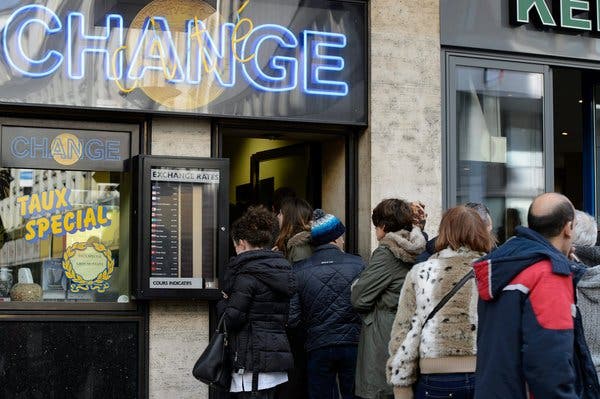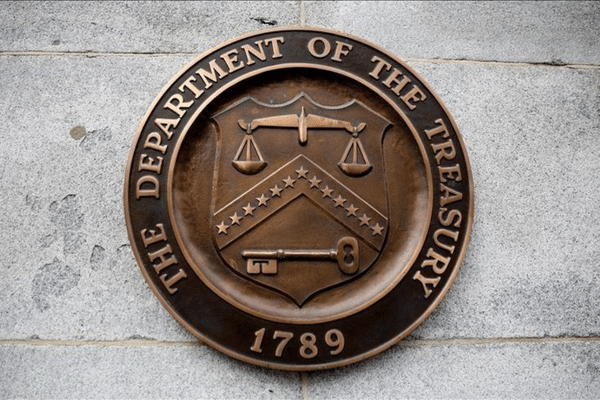
- On Sunday, Ukraine’s Vice Prime Minister called on all major cryptocurrency exchanges to block addresses of Russian users, but many have pushed back on the request.
- Many Russians are using crypto as a means to facilitate capital flight and to swap rapidly depreciating rubles for cryptocurrency as one way to cope with the sanctions.
The pushback may be unpopular but is completely in line with the ethos and ideology of cryptocurrencies – they are meant to work regardless of government intervention.
That ideology was on full display when some of the world’s largest cryptocurrency exchanges resisted mounting pressure to block all transactions with Russia, as Western politicians fear that the provide a loophole for Russian money to continue to circulate globally as they seek to shut out Russia from the global financial system.
As Western sanctions shut Russian banks out of the SWIFT messaging system, which is used for international banking transfers, Russian ruble trading with Bitcoin and other cryptocurrencies surged to as high as US$60 million a day, according to data from Chainalysis, a blockchain data provider.
On Sunday, Ukraine’s Vice Prime Minister called on all major cryptocurrency exchanges to block addresses of Russian users, but many have pushed back on the request.
The world’s largest cryptocurrency exchange by volume Binance, which is registered in the Cayman Islands, declined the request to ban Russian users,
“To unilaterally decide to ban people’s access to their crypto would fly in the face of the reason why crypto exists.”
That position, whilst likely to be unpopular, also forms the cornerstone of the cryptocurrency ethos and to do otherwise would represent a major break from the early pioneers of blockchain technology who conceived of cryptocurrencies precisely to cater for situations such as the present.
U.S. cryptocurrency exchange Kraken’s founder Jesse Powell echoed that view noting,
“(Kraken’s mission is to) bridge individual humans out of the legacy financial system and bring them into the world of crypto, where arbitrary lines on maps no longer matter, where they don’t have to worry about being caught in broad, indiscriminate wealth confiscation.”
“Bitcoin is the embodiment of libertarian values, which strongly favor individualism and human rights.”
Nevertheless, cryptocurrency exchanges have acted to freeze the accounts of individuals who have been sanctioned and have sought to comply with the legal requirements imposed on them through Western economic measures against Russia.
And it’s not as if Moscow is dying to let its citizens trade crypto either – with many Russians using it as a means to facilitate capital flight and to swap rapidly depreciating rubles for cryptocurrency as one way to cope with the sanctions.



